Home>Garden Essentials>What Is The Best Ground Cover For NC
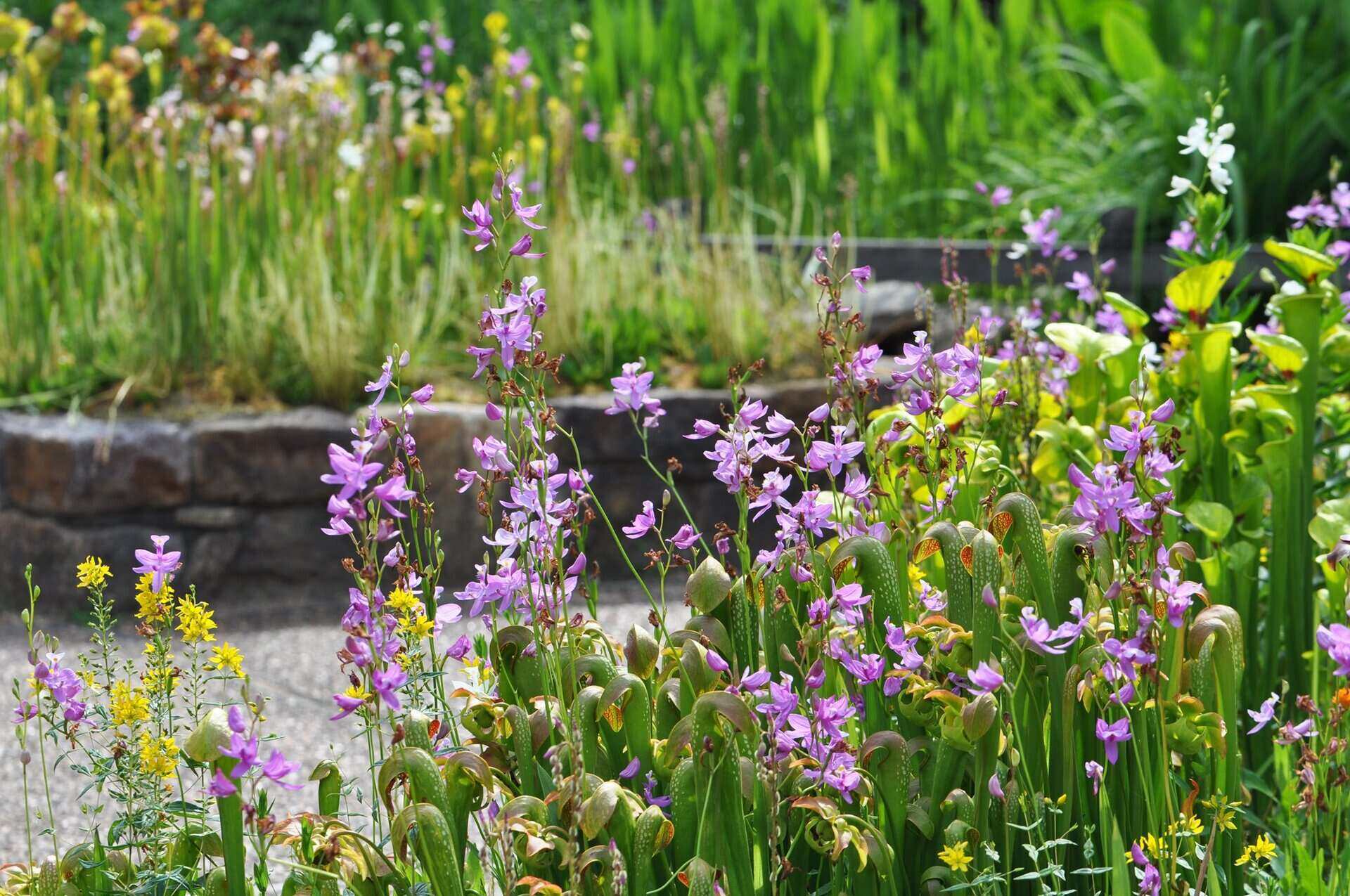

Garden Essentials
What Is The Best Ground Cover For NC
Modified: October 21, 2024
Looking for the best ground cover for your garden in NC? Discover top options and tips for selecting the perfect ground cover to enhance your garden's beauty and functionality.
(Many of the links in this article redirect to a specific reviewed product. Your purchase of these products through affiliate links helps to generate commission for Storables.com, at no extra cost. Learn more)
Introduction
When it comes to choosing the best ground cover for your garden or landscape in North Carolina (NC), there are several factors to consider. NC has a diverse climate with hot, humid summers and mild winters, making it necessary to select ground cover options that are adaptable and resilient. The right choice of ground cover can provide various benefits, including weed suppression, erosion control, moisture retention, and aesthetic appeal.
In this article, we will explore the different types of ground cover that thrive in NC and discuss their characteristics, growth habits, and suitability for specific conditions. Whether you’re looking for a grassy ground cover or prefer low-growing plants, we’ve got you covered.
Before diving into the specific types of ground cover, it’s important to understand the factors that should guide your decision-making process. These factors include:
- Climate: NC has a humid subtropical climate, with hot summers and mild winters. The ground cover you choose should be able to tolerate these temperature fluctuations and the region’s humidity.
- Soil Type: Understanding your soil type is crucial for selecting the right ground cover. NC has a mix of soil types, including loam, clay, and sandy soil. Some ground cover options thrive in one type of soil over another.
- Light Conditions: Consider the amount of sunlight your garden or landscape receives. Some ground covers prefer full sun, while others thrive in shady areas.
- Maintenance: Determine the level of maintenance you’re willing to invest in. Some ground cover options require regular mowing, watering, and fertilizing, while others are low-maintenance.
- Intended Use: Identify the purpose of your ground cover. Are you looking for a lush lawn, an ornamental display, or a natural ground cover to prevent erosion?
By taking these factors into account, you can make an informed decision about the best ground cover for your specific needs. Now, let’s explore some popular ground cover options for NC…
Key Takeaways:
- Choose Bermuda grass for a resilient, low-maintenance ground cover in North Carolina. It thrives in hot, humid conditions, withstands foot traffic, and bounces back quickly from dormancy.
- Consider clover as a versatile, low-maintenance ground cover option. It enriches the soil, attracts pollinators, and is highly drought-tolerant.
Read more: What Is The Best Ground Cover For A Hillside
Factors to Consider When Choosing Ground Cover in NC
When selecting the right ground cover for your garden or landscape in North Carolina, there are several important factors to keep in mind. By considering these factors, you can ensure that your chosen ground cover will thrive in the region’s climate and soil conditions while meeting your specific needs. Let’s take a closer look at these essential factors:
1. Climate: North Carolina experiences a humid subtropical climate, characterized by hot, humid summers and mild winters. It is crucial to choose ground cover options that can tolerate these temperature fluctuations and humidity levels. Look for varieties that are resilient and adaptable to the local climate.
2. Soil Type: Understanding your soil type is vital for successful ground cover selection. North Carolina has a variety of soil types, including loam, clay, and sandy soil. Some ground cover plants prefer specific soil conditions. For example, drought-tolerant ground covers like native grasses are well-suited for sandy soil, whereas moisture-loving options like ferns thrive in clay soil.
3. Light Conditions: Consider the amount of sunlight your garden or landscape receives. Some ground cover plants prefer full sun, while others thrive in shaded areas. Take note of the sun exposure in different parts of your yard and choose ground cover options accordingly. For example, if you have a shady corner, consider using shade-loving ground covers like hostas or ajuga.
4. Maintenance: Different ground covers have varying maintenance requirements. Some options, like certain grasses, may need regular mowing, watering, and fertilization to maintain their lush appearance. On the other hand, low-maintenance ground covers, such as creeping thyme or sedum, require minimal care once established. Assess your willingness to invest time and effort in maintenance before selecting a ground cover variety.
5. Intended Use: Determine the purpose of your ground cover. Are you looking for a lush lawn-like appearance, erosion control, or a decorative ornamental cover? Understanding your intended use will help you narrow down suitable options. For example, if you’re looking for an erosion control ground cover, consider options like creeping juniper or vinca minor.
6. Invasive Species: Be cautious of invasive plant species that can overtake your garden and harm native plants. Check with local garden centers, extension offices, or online resources to ensure that your chosen ground cover is not invasive in North Carolina.
By considering these factors and conducting research, you can choose the most suitable ground cover for your garden or landscape in North Carolina. Now, let’s explore some of the different types of ground cover that thrive in the region.
Types of Ground Cover for NC
North Carolina offers a wide range of ground cover options that are well-suited to its climate and soil conditions. Whether you’re looking for a vibrant lawn alternative or a low-growing plant for a garden bed, there’s a ground cover to fit your needs. Let’s explore some of the top choices:
- Bermuda Grass: Bermuda grass is a popular warm-season grass that thrives in NC’s hot and humid summers. It forms a dense, lush carpet-like ground cover and tolerates heavy foot traffic. This grass variety goes dormant in the winter but regains its color in the spring.
- Zoysia Grass: Zoysia grass is another warm-season grass that excels in NC’s climate. It features a dense growth habit, excellent drought tolerance, and good wear resistance. Zoysia grass thrives in full sun and requires less water and maintenance compared to other grass species.
- Centipede Grass: Centipede grass is a low-maintenance warm-season grass that is well-suited for NC’s climate. It prefers full sun but can tolerate some shade. Centipede grass requires minimal fertilization and watering, making it a cost-effective ground cover option.
- Fescue Grass: Fescue grass is a cool-season grass that is ideal for NC’s mild winters. It maintains its green color throughout the year and is tolerant of both sun and shade. Fescue grass requires regular watering and fertilization to keep it looking its best.
- Perennial Ryegrass: Perennial ryegrass is another cool-season grass that is often used for overseeding warm-season lawns in NC. It germinates quickly, provides a vibrant green cover, and helps to maintain a green lawn during the winter months.
- Clover: Clover is a low-growing, nitrogen-fixing plant that makes an excellent ground cover choice. It thrives in NC’s climate and enriches the soil with nitrogen, reducing the need for fertilization. Clover is highly drought-tolerant and attracts pollinators, making it a beneficial addition to any garden.
- Creeping Juniper: Creeping juniper is a hardy, evergreen ground cover that is well-suited for slopes and erosion-prone areas. It forms a dense mat of foliage and effectively prevents soil erosion. Creeping juniper thrives in full sun and is drought-tolerant once established.
- English Ivy: English ivy is a versatile ground cover that can be used in various settings, from garden beds to slopes. It tolerates shade well and forms a dense cover that suppresses weeds. However, caution must be exercised as English ivy can become invasive if not properly maintained.
- Pachysandra: Pachysandra is a low-growing evergreen ground cover that works well in shade or partially shaded areas. It forms dense mats of glossy foliage and requires minimal maintenance once established. Pachysandra is an excellent choice for filling in under trees and shrubs.
- Asiatic Jasmine: Asiatic jasmine is a fast-growing, spreading ground cover that provides excellent coverage in full sun to partial shade. It features glossy green leaves and tolerates a wide range of soil conditions. Asiatic jasmine requires occasional pruning to keep it in check.
These are just a few examples of the types of ground cover plants suitable for North Carolina’s climate and soil conditions. When choosing the right ground cover for your specific needs, consider factors such as maintenance requirements, desired appearance, and intended use. With the right choice, you can enhance your garden or landscape while enjoying the benefits of a beautiful and functional ground cover.
Bermuda Grass
Bermuda grass (Cynodon dactylon) is a popular warm-season grass that thrives in the hot and humid climate of North Carolina. It is known for its excellent heat tolerance, drought resistance, and ability to recover quickly from foot traffic. Bermuda grass forms a dense turf-like ground cover and is commonly used in lawns, sports fields, and golf courses.
One of the key advantages of Bermuda grass is its ability to withstand the intense summer heat and prolonged periods of dry weather. It has deep roots that allow it to access water and nutrients from deeper soil layers, making it highly drought-tolerant. This grass can bounce back quickly after dormancy and retain its lush green color during the growing season.
Bermuda grass thrives in full sun and requires at least 6-8 hours of direct sunlight per day to grow vigorously. It has a rapid growth rate and can quickly fill in bare spots on the lawn, making it great for repairing damaged areas. Additionally, Bermuda grass has good wear resistance, making it suitable for high-traffic areas.
When it comes to maintenance, Bermuda grass has some specific requirements. Regular mowing is essential to keep the grass at an optimal height of around 1-2 inches. This helps maintain its dense growth and prevents it from becoming too tall and sparse. It is recommended to water Bermuda grass deeply and infrequently, promoting a deep root system. However, it is important to avoid overwatering to prevent the development of diseases caused by excessive moisture.
With its aggressive growth habit, Bermuda grass can outcompete weeds in the lawn, reducing the need for herbicide applications. However, it is important to establish proper weed control measures during the initial stages of Bermuda grass establishment to prevent weed encroachment.
Overall, Bermuda grass is an excellent choice for those looking for a resilient and low-maintenance ground cover option in North Carolina. Its ability to tolerate hot summers, drought, and foot traffic make it versatile for a variety of uses, from residential lawns to sports fields. With proper care and maintenance, Bermuda grass can provide a lush green carpet-like cover for your outdoor spaces.
Zoysia Grass
Zoysia grass (Zoysia spp.) is another warm-season grass that thrives in the climate of North Carolina. It is well-known for its density, durability, and drought resistance. Zoysia grass is an excellent choice for those looking for a low-maintenance ground cover that can withstand heavy use.
One of the key advantages of Zoysia grass is its ability to tolerate a wide range of soil conditions. It is adaptable to different soil types, including sandy, clay, and loam soils that are common in North Carolina. Zoysia grass has deep roots that allow it to access moisture and nutrients even in dry and compacted soils.
Another notable characteristic of Zoysia grass is its excellent heat tolerance. It can handle the hot and humid summers of North Carolina without losing its vibrant green color. Zoysia grass forms a dense mat-like cover that can withstand foot traffic, making it suitable for lawns, parks, and sports fields.
Zoysia grass is known for its low growth habit, which means it requires less frequent mowing compared to other warm-season grasses. With the proper mowing height of around 1-2 inches, Zoysia grass can maintain its dense growth and prevent weed encroachment. It is important to avoid cutting the grass too short, as this can weaken the plant and promote weed growth.
When it comes to water requirements, Zoysia grass has good drought tolerance. It can survive with less frequent watering once established. However, during periods of prolonged drought, supplemental irrigation may be necessary to maintain its vibrant green color and health.
Although Zoysia grass is a low-maintenance option, it does require some yearly maintenance to keep it in optimal condition. This includes regular fertilization to provide essential nutrients and occasional de-thatching to remove excess thatch build-up. Aerating the soil can also help improve its health and resilience.
Overall, Zoysia grass is an excellent choice for those seeking a dense and durable ground cover in North Carolina. Its ability to tolerate different soil types, drought, and foot traffic make it versatile for various applications. With its low maintenance requirements, Zoysia grass can provide a beautiful and functional ground cover that can withstand the challenges of the North Carolina climate.
Read more: What Is The Best Flowering Ground Cover
Centipede Grass
Centipede grass (Eremochloa ophiuroides) is a low-maintenance warm-season grass that thrives in the climate of North Carolina. It is known for its tolerance to heat, drought, and acidic soils, making it an excellent choice for those looking for a resilient and adaptable ground cover option.
One of the key advantages of centipede grass is its ability to thrive in a wide range of soil types. It is particularly well-suited for the sandy, acidic soils that are common in North Carolina. Centipede grass has shallow roots that spread out horizontally, allowing it to access nutrients and moisture even in poor soil conditions.
Centipede grass is known for its excellent heat tolerance. It can withstand the hot and humid summers of North Carolina without losing its vibrant green color. Unlike some other warm-season grasses, centipede grass has a slower growth rate, which means it requires less frequent mowing and lower maintenance overall.
In addition to its heat tolerance, centipede grass is also highly drought-tolerant. Once established, it can survive with minimal watering and can often recover from short periods of drought without significant damage. This makes it an ideal choice for areas with limited irrigation capabilities.
When it comes to maintenance, centipede grass has relatively low requirements. It prefers a slightly acidic soil pH, so it may benefit from periodic soil testing and amendments if the pH is too high. Centipede grass has a naturally yellowish-green color, so it typically requires less fertilization compared to other grass varieties. However, an annual application of a slow-release fertilizer can help promote healthy growth.
Mowing should be performed at a higher height than other grass types, around 1.5-2 inches, to maintain its density and prevent weed competition. It is important to avoid scalping the grass, as this can weaken its growth and make it more susceptible to diseases.
Overall, centipede grass is an excellent choice for those seeking a low-maintenance and adaptable ground cover in North Carolina. Its ability to tolerate acidic soils, heat, and drought makes it suitable for a variety of applications, including residential lawns and commercial landscapes. With proper care and maintenance, centipede grass can provide a beautiful and resilient ground cover that thrives in the challenging conditions of the North Carolina climate.
Fescue Grass
Fescue grass is a popular cool-season grass variety that thrives in the mild winters of North Carolina. It is known for its year-round green color and ability to tolerate shade, making it an excellent choice for those seeking a versatile ground cover option in this region.
One of the key advantages of fescue grass is its ability to maintain its vibrant green color throughout the year. Unlike warm-season grasses that go dormant in the winter, fescue grass stays actively green, providing a lush cover even in colder months. This makes it ideal for areas where year-round greenery is desired.
Fescue grass also excels in its ability to tolerate shade. Many parts of North Carolina have mature trees and shading structures that limit the amount of direct sunlight that reaches the ground. Fescue grass can thrive in these shaded areas, making it a popular choice for under tree canopies or along buildings.
In addition to shade tolerance, fescue grass also has excellent drought resistance and can adapt well to a variety of soil conditions. It prefers well-drained soil but can tolerate both clay and sandy soils commonly found in North Carolina. Regular watering during dry periods and proper soil preparation during installation can help ensure its vitality.
When it comes to maintenance, fescue grass has moderate requirements. It typically requires regular mowing to keep it at an optimal height of around 2.5-3.5 inches. This helps maintain its density and prevents weed competition. Fertilizer applications are also necessary to provide essential nutrients, especially in the spring and fall growing seasons.
Another important aspect of fescue grass maintenance is overseeding. Due to its cool-season nature, fescue grass may thin out during the hot summer months. Overseeding with new grass seeds in the fall can help maintain a thick cover and rejuvenate any damaged areas.
Overall, fescue grass is a reliable and adaptable ground cover option for the mild climate of North Carolina. Its year-round green color, shade tolerance, and ability to withstand dry conditions make it a versatile choice for residential lawns, parks, and commercial landscapes. With proper care and maintenance, fescue grass can provide a beautiful and enduring ground cover for your outdoor spaces.
Consider using native ground covers like creeping phlox, ferns, or wild ginger for your North Carolina garden. These plants are well adapted to the local climate and soil conditions, making them low-maintenance and environmentally friendly options.
Perennial Ryegrass
Perennial ryegrass (Lolium perenne) is a cool-season grass that is commonly used as a ground cover in North Carolina. It is known for its quick germination, vibrant green color, and ability to provide a temporary cover during the winter months.
One of the key advantages of perennial ryegrass is its rapid germination and establishment. When overseeded in the fall, it quickly sprouts and forms a lush green cover, providing a vibrant and attractive appearance to lawns and landscapes during winter. It can also be used to improve the appearance of warm-season grasses that go dormant in colder months.
Perennial ryegrass is known for its fine texture, which contributes to its pleasing appearance. It forms a dense and uniform stand, providing a smooth and even surface for lawns and recreational areas. Its dense growth also helps to compete with weeds, enhancing the overall appearance of the ground cover.
In addition to its visual appeal, perennial ryegrass also has a high tolerance for foot traffic. This makes it suitable for areas that experience heavy use, including parks, sports fields, and playgrounds. It can recover quickly from wear and tear, ensuring a durable and resilient ground cover option.
While perennial ryegrass has many desirable qualities, it is important to note that it is not well-adapted to the long, hot summers of North Carolina. It is considered a temporary or overseeding grass and may struggle to survive through prolonged periods of heat and drought. However, when used in conjunction with warm-season grasses, it can provide an attractive green cover during the cooler months.
In terms of maintenance, perennial ryegrass requires regular mowing to keep it at an optimal height of 2-3 inches. This helps to maintain its density and aesthetics. Fertilizer applications are also necessary to support its growth and ensure a healthy and vibrant ground cover.
Overall, perennial ryegrass is a valuable cool-season ground cover option for North Carolina, providing a temporary green cover during winter and adding visual appeal to lawns and landscapes. When used in combination with warm-season grasses, it can offer year-round beauty and versatility. With proper care and maintenance, perennial ryegrass can enhance the aesthetic appeal and functionality of your outdoor spaces.
Clover
Clover (Trifolium spp.) is a versatile and low-growing ground cover option that thrives in the climate of North Carolina. It is known for its nitrogen-fixing properties, attractive flowers, and ability to adapt to a variety of soil conditions.
One of the key advantages of clover is its ability to enrich the soil with nitrogen. Clover plants have a symbiotic relationship with nitrogen-fixing bacteria, which allows them to take nitrogen from the air and convert it into a usable form for themselves and surrounding plants. This process helps to naturally fertilize the soil, reducing the need for additional nitrogen-based fertilizers.
In addition to its soil-enriching benefits, clover is known for its attractive flowers. Depending on the variety, clover can produce small white, pink, or purple flowers that add a pop of color to the landscape. These flowers also attract pollinators, such as bees and butterflies, making clover an excellent choice for supporting local ecosystems.
Clover is highly adaptable and can thrive in a range of soil conditions, including North Carolina’s mix of loam, clay, and sandy soils. It has a deep root system that allows it to access moisture and nutrients from the soil, making it relatively drought-tolerant. However, regular watering during dry spells can help ensure its vitality and lush appearance.
When it comes to maintenance, clover is a low-maintenance ground cover option. It requires minimal mowing, typically staying at a low height of 4-6 inches. Clover can tolerate some foot traffic, but it is not as wear-resistant as grass. If you plan to use it in high-traffic areas, consider combining it with a grass variety to provide additional durability.
One thing to note is that clover can be susceptible to weed competition, especially in the early stages of establishment. Proper weed control measures, such as hand-weeding or using herbicides, may be necessary during the initial phase to prevent weed encroachment and ensure the success of the clover ground cover.
Overall, clover is an excellent choice for those seeking a low-maintenance and environmentally friendly ground cover option in North Carolina. Its ability to improve soil health, attract pollinators, and adapt to different soil conditions make it a valuable addition to any garden or landscape. With proper care and maintenance, clover can provide a beautiful and sustainable ground cover that enhances the overall aesthetics and functionality of your outdoor spaces.
Read more: What Is The Best Ground Cover Killer
Creeping Juniper
Creeping juniper (Juniperus horizontalis) is a hardy evergreen ground cover that is well-suited for the climate of North Carolina. It is known for its low-growing and spreading habit, making it an excellent choice for slopes, banks, and areas prone to erosion.
One of the key advantages of creeping juniper is its ability to effectively control soil erosion. The dense mat-like cover formed by the creeping juniper’s horizontal branches provides excellent erosion control, preventing soil from washing away on slopes or in areas with heavy rainfall. Its extensive root system further helps stabilize the soil, making it an ideal choice for areas prone to erosion.
In addition to its erosion control capabilities, creeping juniper offers an attractive appearance all year round. It features needle-like foliage that comes in various shades of green, silver, or blue, depending on the variety. Some varieties also produce small berries that add visual interest and can attract wildlife.
Creeping juniper is highly adaptable and can thrive in a variety of soil conditions, ranging from sandy to clay. It prefers full sun but can tolerate some shade, making it versatile for different areas of your landscape. Additionally, creeping juniper is highly drought-tolerant once established, making it a suitable ground cover for regions with water restrictions or infrequent rainfall.
When it comes to maintenance, creeping juniper is a low-maintenance ground cover option. It requires minimal pruning to maintain its shape and control its spread. Pruning can be done in late winter or early spring before new growth begins. Creeping juniper is generally resistant to pests and diseases, reducing the need for chemical interventions.
It’s important to note that creeping juniper can become invasive if not properly maintained. Regular monitoring and trimming of its spreading branches can prevent it from encroaching on other plants or areas where it is not desired. Proper spacing should be considered during planting to allow for its spreading growth habit.
Overall, creeping juniper is an excellent choice for those seeking a hardy, low-maintenance ground cover in North Carolina. Its ability to control soil erosion, adapt to various soil conditions, and provide year-round attractiveness makes it a valuable addition to any landscape. With its natural beauty and practical benefits, creeping juniper can enhance the aesthetics and functionality of your outdoor spaces.
English Ivy
English Ivy (Hedera helix) is a versatile ground cover option that is well-suited for various areas of North Carolina. It is known for its ability to spread quickly and form a dense cover, making it ideal for filling in empty spaces, climbing walls, or adding a touch of greenery to shaded areas.
One of the key advantages of English Ivy is its ability to tolerate shade. Many parts of North Carolina have areas of dense shade caused by mature trees or buildings. English Ivy thrives in these shaded environments, making it an ideal choice for adding greenery to areas with limited sunlight. Its ability to climb walls and fences also adds a vertical element to the landscape.
In addition to its shade tolerance, English Ivy provides aesthetic appeal with its distinctive evergreen foliage. The leaves of English Ivy are typically dark green, but some varieties offer variegated patterns, adding visual interest to the ground cover. English Ivy can also be pruned and trained to create different shapes or patterns, giving you creative options for enhancing your landscape.
While English Ivy is an attractive and versatile ground cover, it is important to note that it can become invasive if not properly managed. It has a vigorous growth habit and can smother other plants or climb structures if left unchecked. Regular pruning and monitoring are necessary to prevent it from spreading to unwanted areas. Consider using containment measures such as edging or barriers to control its growth and prevent it from overtaking your garden.
English Ivy is relatively low-maintenance once established. It can tolerate a variety of soil conditions but prefers well-drained soil. Watering should be done sparingly, as English Ivy is drought-tolerant once established. Occasional fertilization can help maintain its vigor, but be careful not to overfertilize, as excessive nitrogen can promote rapid growth and invasive tendencies.
Overall, English Ivy is a versatile and visually striking ground cover option for North Carolina. Its shade tolerance, evergreen foliage, and ability to climb structures make it an excellent choice for adding greenery and character to your landscape. With proper care and maintenance, English Ivy can provide a beautiful and functional ground cover that enhances the aesthetics of your outdoor spaces.
Pachysandra
Pachysandra (Pachysandra spp.) is a low-growing evergreen ground cover that thrives in the climate of North Carolina. It is known for its glossy green leaves, ability to tolerate shade, and minimal maintenance requirements, making it an excellent choice for adding texture and color to shaded areas.
One of the key advantages of pachysandra is its ability to thrive in shade. Many parts of North Carolina have areas with limited sunlight due to large trees or buildings. Pachysandra is well-suited for these shady conditions, making it an ideal choice for under tree canopies, along fences, or in other areas where direct sunlight is minimal. Its ability to tolerate shade also makes it suitable for bordering woodland gardens or along pathways.
In addition to its shade tolerance, pachysandra offers an attractive visual display. It features glossy, dark green leaves that provide a lush and vibrant ground cover throughout the year. Pachysandra can form dense mats, filling in empty spaces and crowding out weeds. Its slightly scalloped leaves add texture and depth to the landscape, creating an appealing contrast with other plants.
When it comes to maintenance, pachysandra is a low-maintenance ground cover option. Once established, it requires minimal care. It is relatively drought-tolerant and can withstand short periods of dryness. However, regular watering during prolonged droughts can help keep it looking its best. Pachysandra benefits from occasional fertilization in the spring to promote healthy growth and maintain its lush appearance.
Another advantage of pachysandra is its ability to suppress weed growth. As a dense ground cover, it forms a natural barrier that inhibits weed germination and growth. This reduces the need for frequent weeding and helps maintain a clean and tidy landscape.
One thing to note is that pachysandra spreads slowly, so it may take some time to fully establish and fill in large areas. Proper spacing during planting can help accelerate its growth and ensure a more rapid coverage. Additionally, pachysandra is generally resistant to pests and diseases, minimizing the need for chemical interventions.
Overall, pachysandra is an excellent choice for those seeking a low-maintenance, evergreen ground cover in shaded areas of North Carolina. Its shade tolerance, attractive glossy leaves, and weed suppression qualities make it a valuable addition to any garden or landscape. With its ability to add texture, color, and year-round visual appeal, pachysandra can enhance the aesthetics and functionality of your outdoor spaces.
Asiatic Jasmine
Asiatic Jasmine (Trachelospermum asiaticum) is a fast-growing, spreading ground cover that provides excellent coverage in full sun to partial shade. It is known for its attractive glossy foliage, low maintenance requirements, and versatility in various landscape settings.
One of the key advantages of Asiatic Jasmine is its ability to form a dense, lush ground cover quickly. Its trailing stems spread rapidly, allowing it to fill in empty spaces and smother weeds effectively. Whether used as a ground cover in open areas or as a vine to climb fences or walls, Asiatic Jasmine provides an appealing green carpet-like cover.
Asiatic Jasmine is adaptable to a wide range of soil types, including North Carolina’s mix of loam, clay, and sandy soils. It prefers well-drained soil but can tolerate various soil conditions. Its ability to thrive in both full sun and partial shade makes it a versatile option for different areas of your landscape.
When it comes to maintenance, Asiatic Jasmine is relatively low-maintenance once established. It is drought-tolerant and requires minimal watering, especially as it develops a deep root system. Pruning can be done periodically to control its growth and shape, but overall, it does not require extensive pruning or special care.
One of the standout features of Asiatic Jasmine is its attractive glossy foliage. The leaves are typically ovate in shape and have a deep, rich green color. This provides an appealing contrast with other plants and adds visual interest to the ground cover. Asiatic Jasmine is also known for its pleasant fragrance, particularly when it produces small, white, star-shaped flowers during the summer months.
While Asiatic Jasmine is generally a low-maintenance ground cover, it’s important to keep an eye on its growth and prevent it from spreading into unwanted areas. Regular monitoring and trimming can help contain its growth and prevent it from becoming invasive. This can be especially important if you are using it as a climbing vine, as it can become entangled in structures if not properly managed.
Overall, Asiatic Jasmine is a versatile and visually appealing ground cover for North Carolina landscapes. Its fast growth, adaptability, and low-maintenance requirements make it a popular choice for adding greenery and texture to various areas. With its glossy foliage, fragrance, and ability to thrive in different light conditions, Asiatic Jasmine can enhance the aesthetics and functionality of your outdoor spaces.
Conclusion
Choosing the best ground cover for your garden or landscape in North Carolina involves considering various factors, such as climate, soil type, light conditions, maintenance requirements, and intended use. By taking these factors into account, you can select a ground cover option that thrives in North Carolina’s unique climate while fulfilling your specific needs.
There are several excellent ground cover options to choose from in North Carolina, each with its own distinct advantages and characteristics:
For those seeking a resilient warm-season grass, Bermuda grass is a popular choice. It thrives in hot and humid conditions, withstands foot traffic, and bounces back quickly from dormancy.
Zoysia grass is another warm-season grass that excels in North Carolina’s climate. It offers good drought tolerance, durability, and low maintenance requirements.
Centipede grass is a low-maintenance warm-season grass ideal for those looking for a ground cover that can tolerate North Carolina’s sandy, acidic soil conditions.
Fescue grass, a cool-season grass, provides year-round greenery and shade tolerance, making it perfect for areas with mild winters and limited sunlight.
Perennial ryegrass is a cool-season grass used primarily for overseeding warm-season lawns, providing a vibrant green cover during the winter months.
Clover is a versatile and nitrogen-fixing ground cover option that adds natural beauty and enriches the soil while being highly drought-tolerant.
Creeping juniper is a hardy evergreen ground cover that effectively controls soil erosion, making it an excellent choice for slopes and areas prone to erosion.
English Ivy is a versatile ground cover that thrives in shade, adds vertical interest, and can be trained to create unique patterns. However, caution must be exercised to prevent its invasive tendencies.
Pachysandra is a low-growing evergreen ground cover that excels in shade and provides texture and color to shaded areas while requiring minimal maintenance.
Asiatic Jasmine is a fast-growing ground cover that offers dense coverage in full sun to partial shade, with attractive glossy foliage and versatility in various landscape settings.
Each of these ground cover options has its own set of characteristics and benefits, allowing you to select the one that best suits your specific needs and preferences.
By carefully considering the factors that affect ground cover suitability and understanding the characteristics of each option, you can make an informed decision. Whether you’re seeking a resilient grassy ground cover or prefer low-growing plants, there is a ground cover to enhance the beauty and functionality of your garden or landscape in North Carolina.
Remember, regular maintenance, proper watering, and occasional fertilization will help ensure the success and longevity of your chosen ground cover. Enjoy the process of selecting and nurturing your ground cover, and may your outdoor spaces be transformed into vibrant and inviting areas that reflect the beauty of North Carolina’s natural landscape.
Frequently Asked Questions about What Is The Best Ground Cover For NC
Was this page helpful?
At Storables.com, we guarantee accurate and reliable information. Our content, validated by Expert Board Contributors, is crafted following stringent Editorial Policies. We're committed to providing you with well-researched, expert-backed insights for all your informational needs.
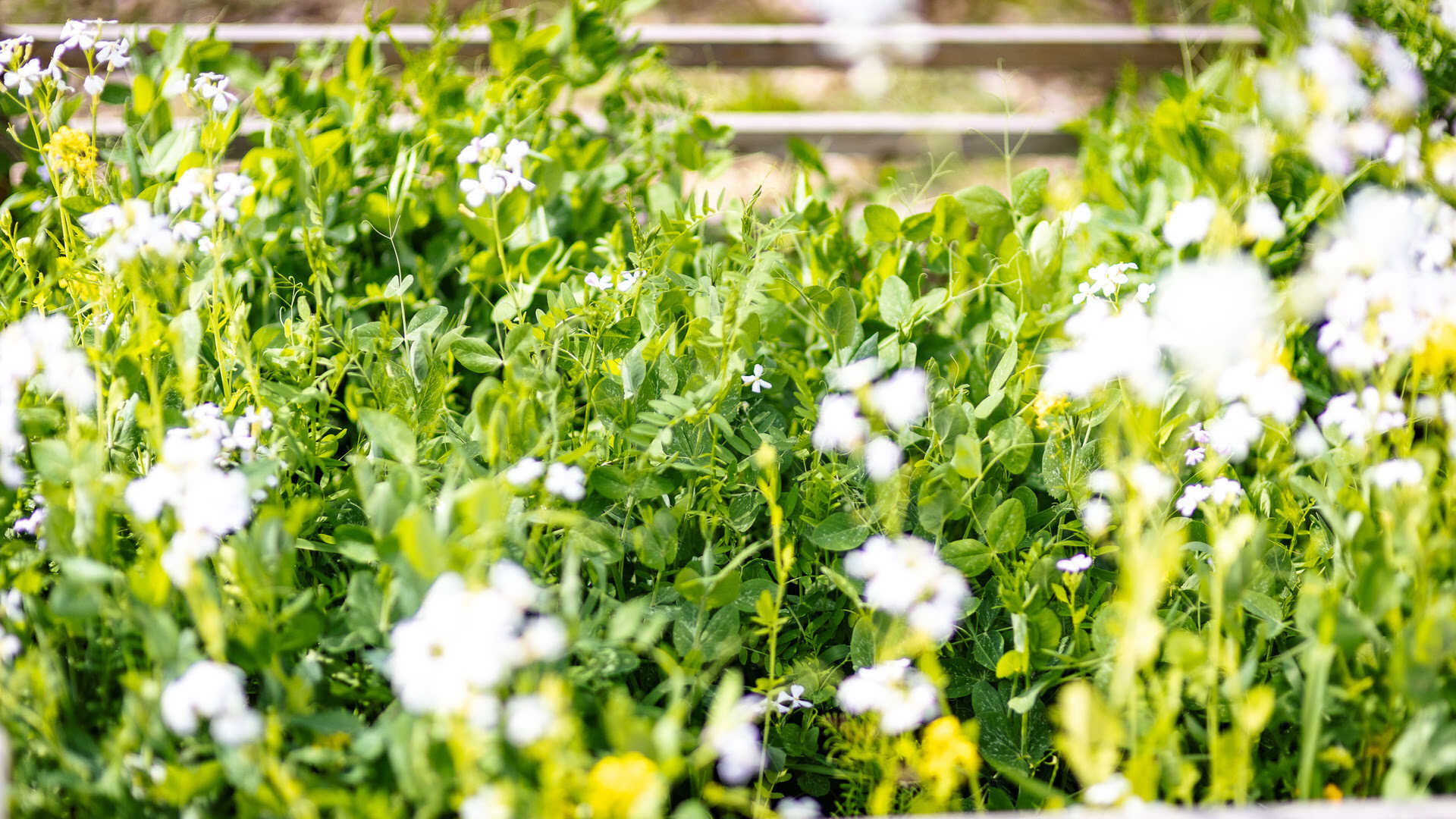
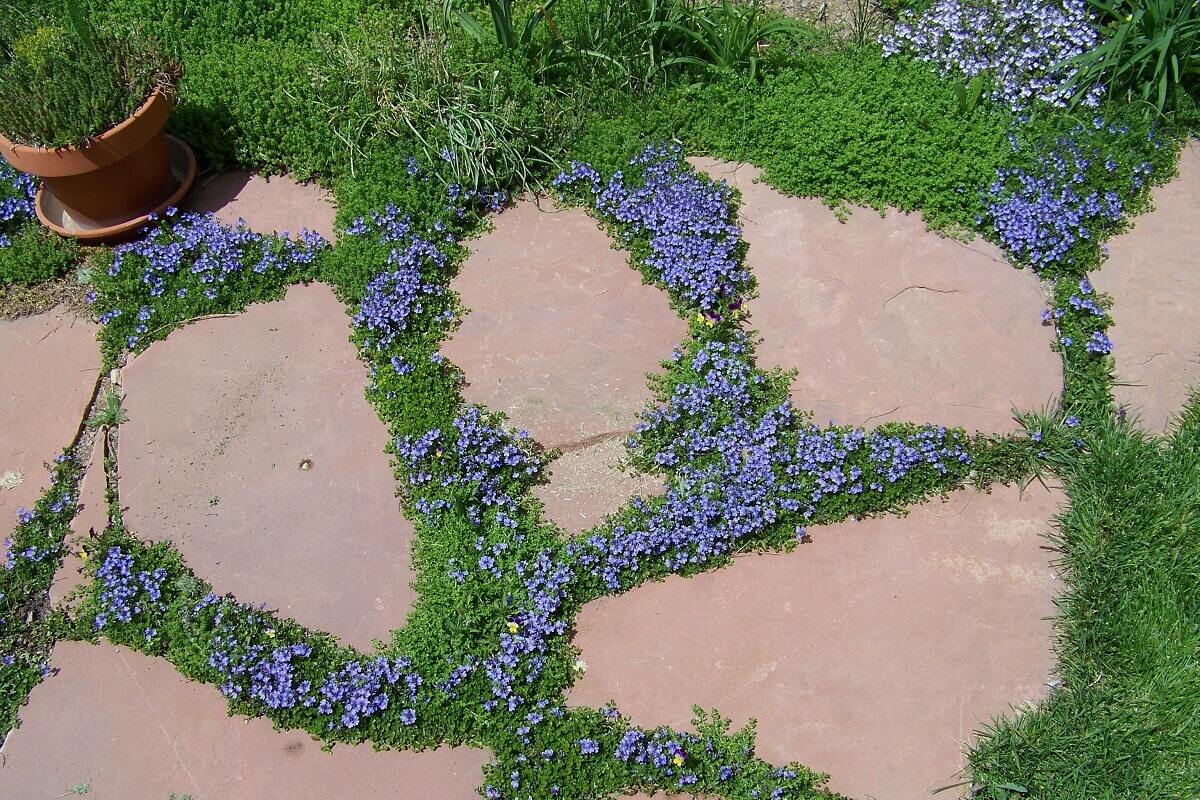
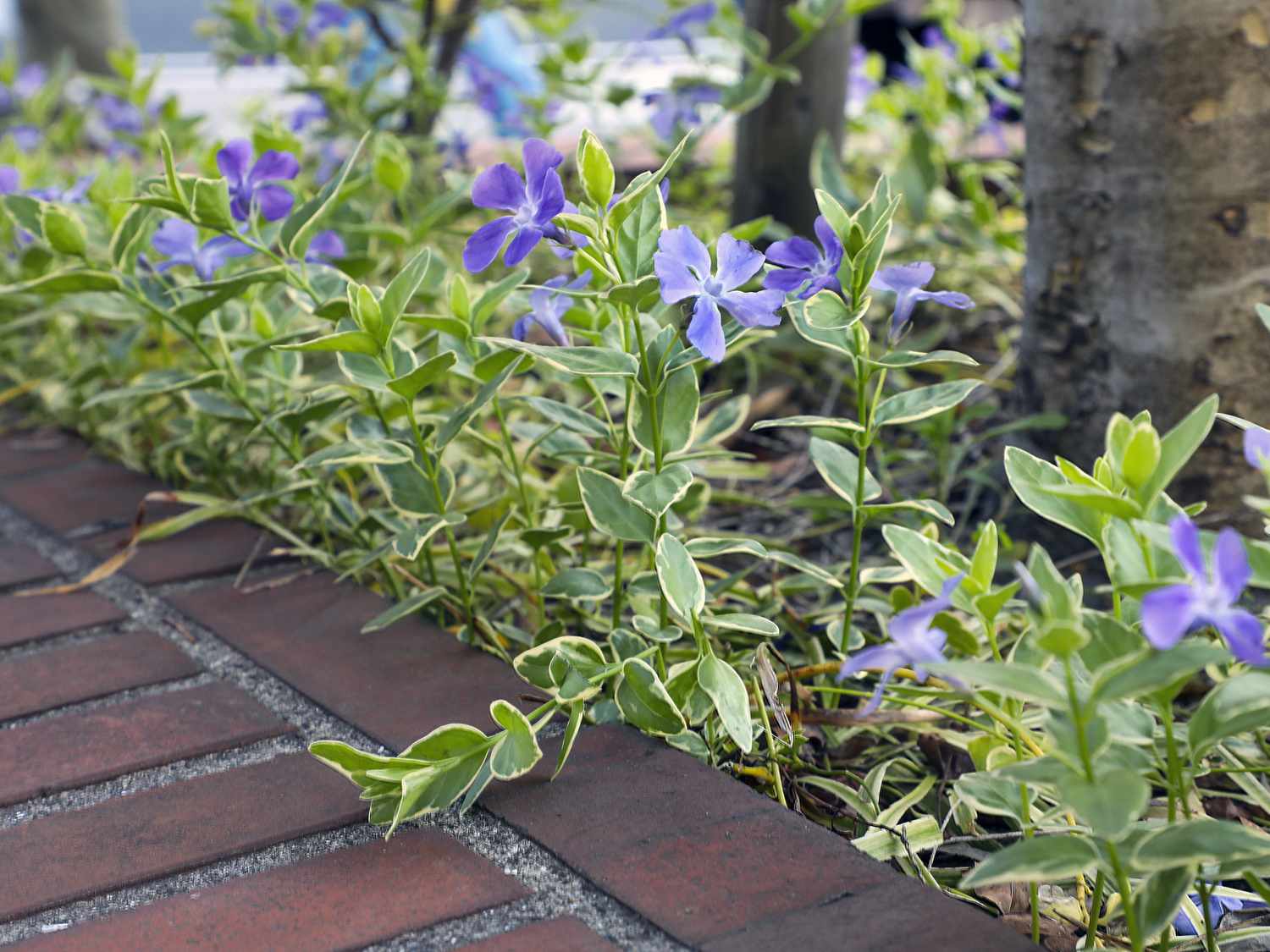

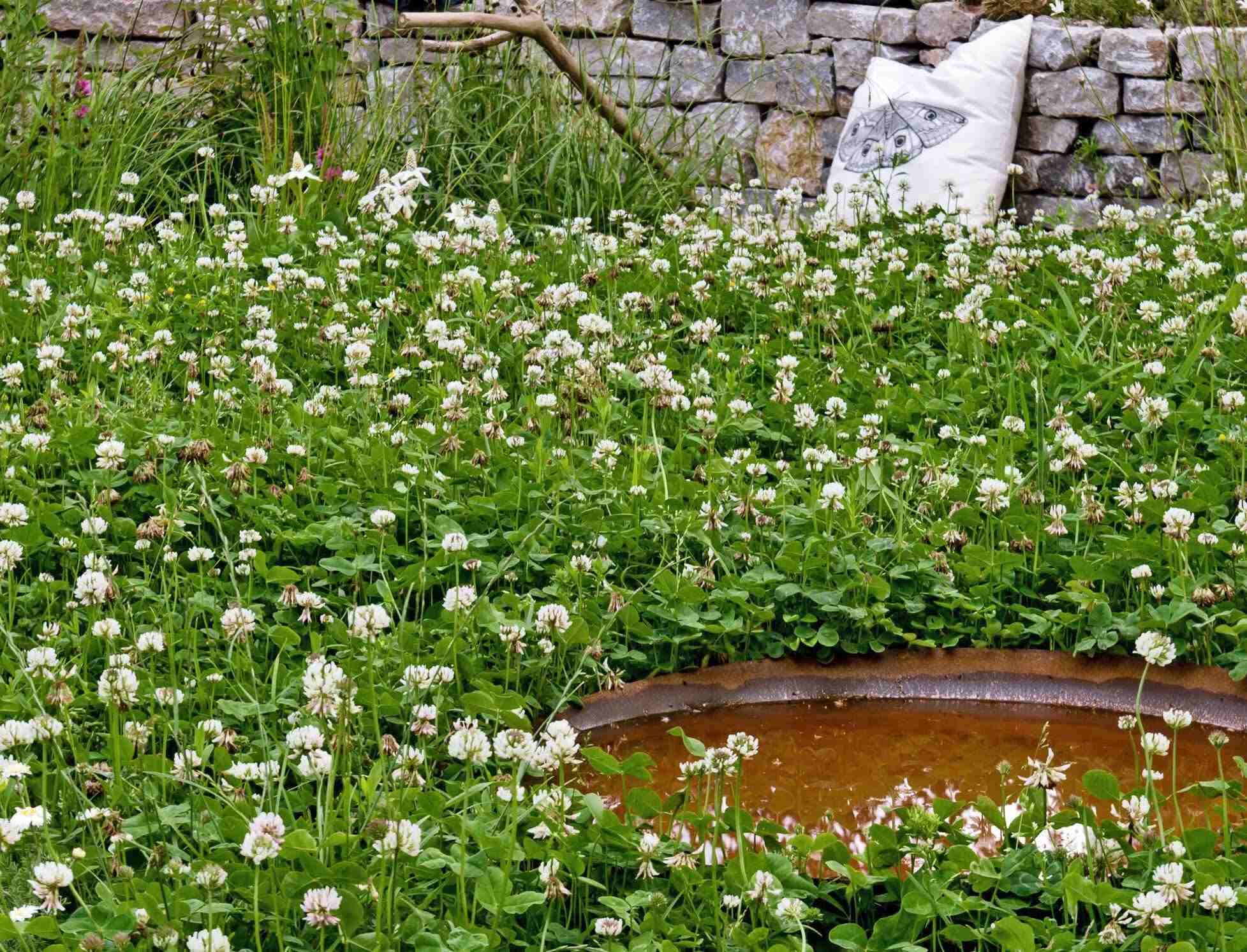
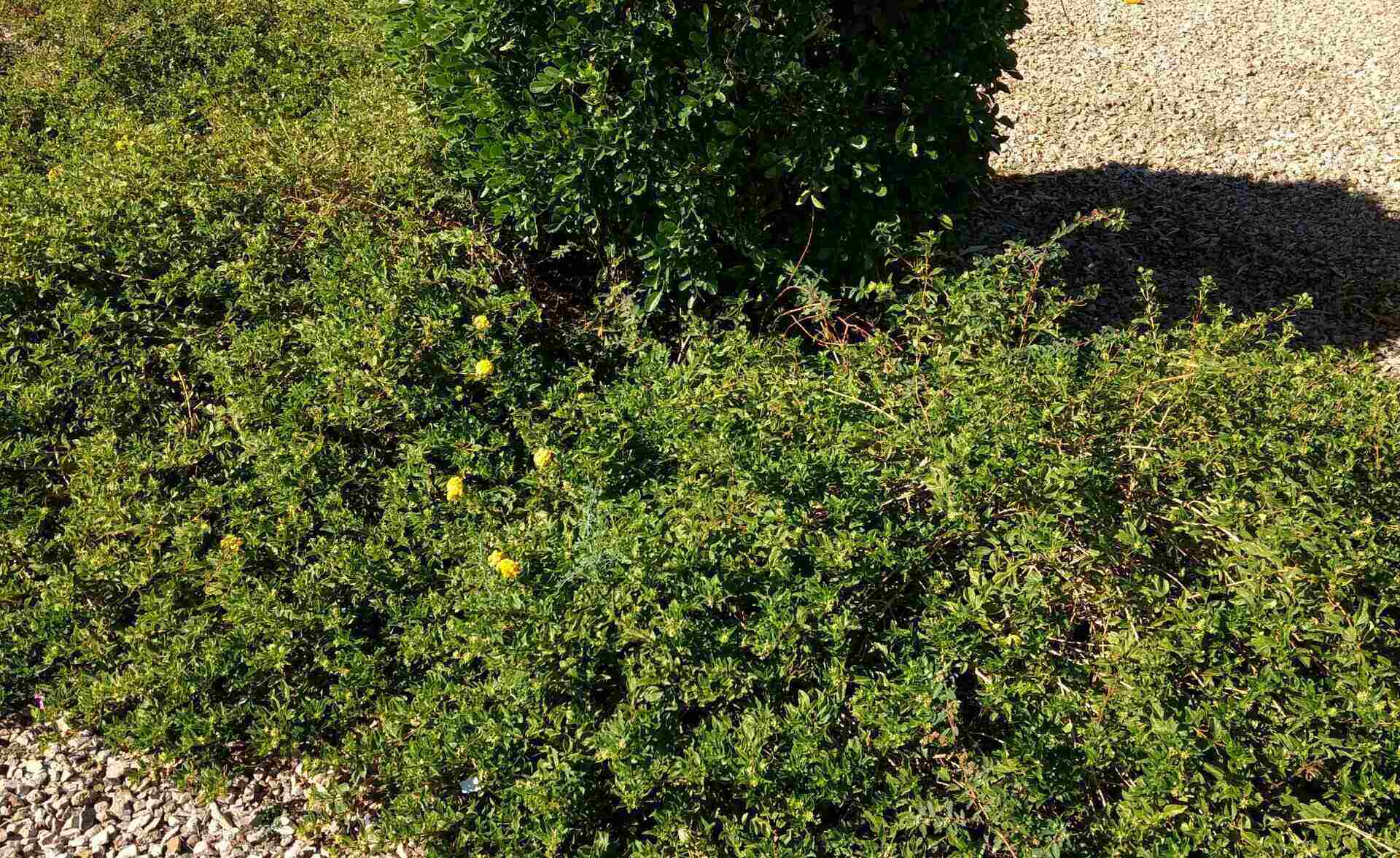
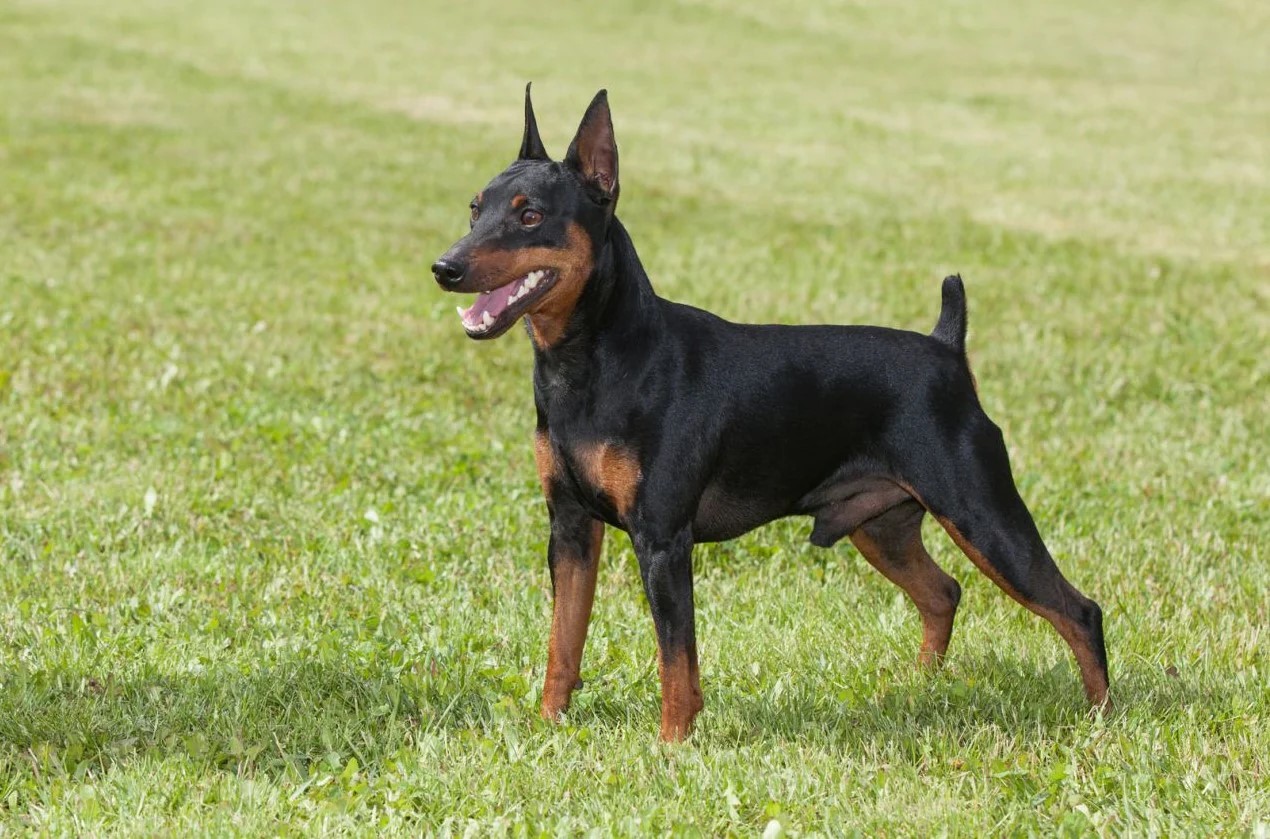
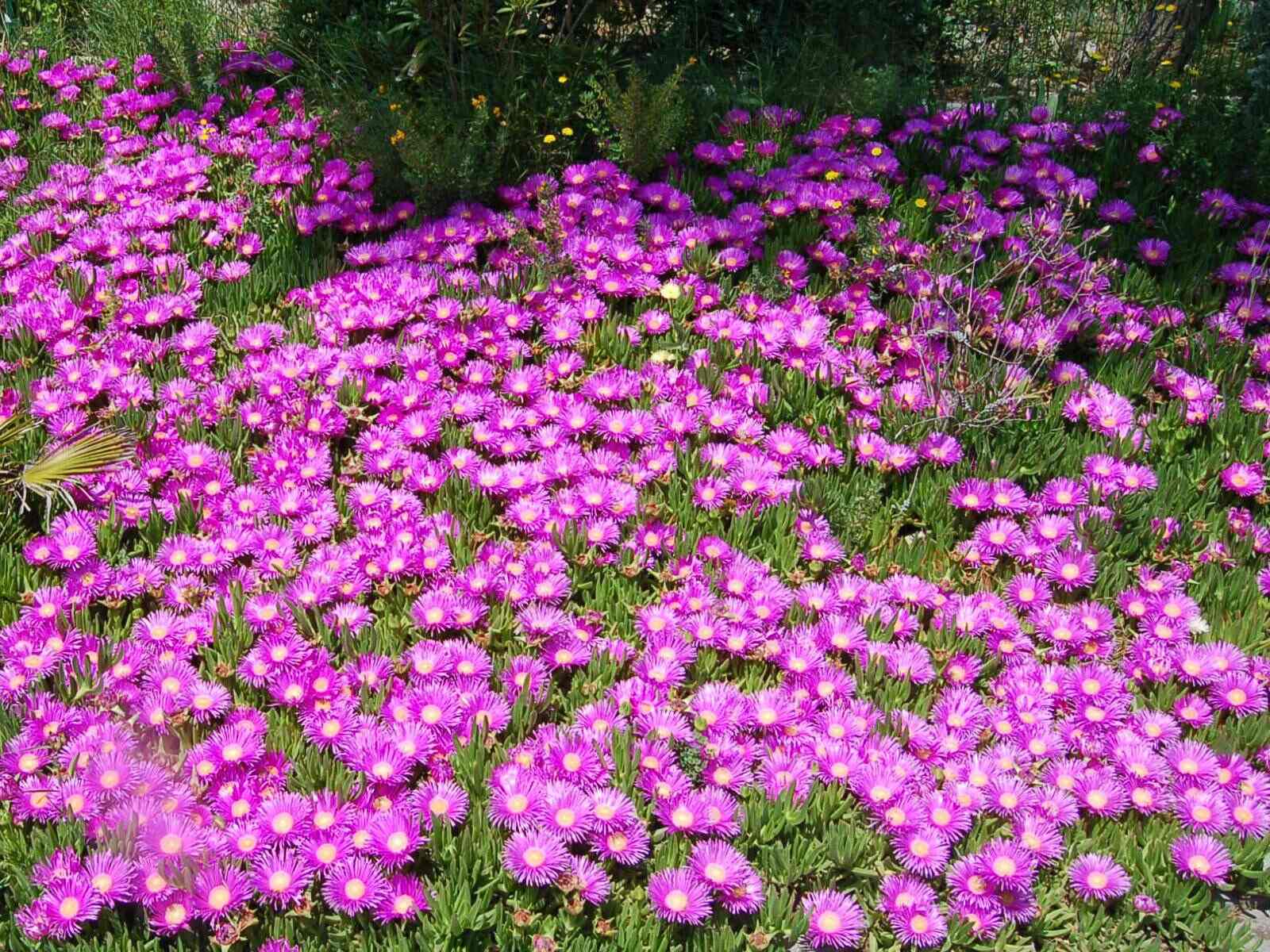
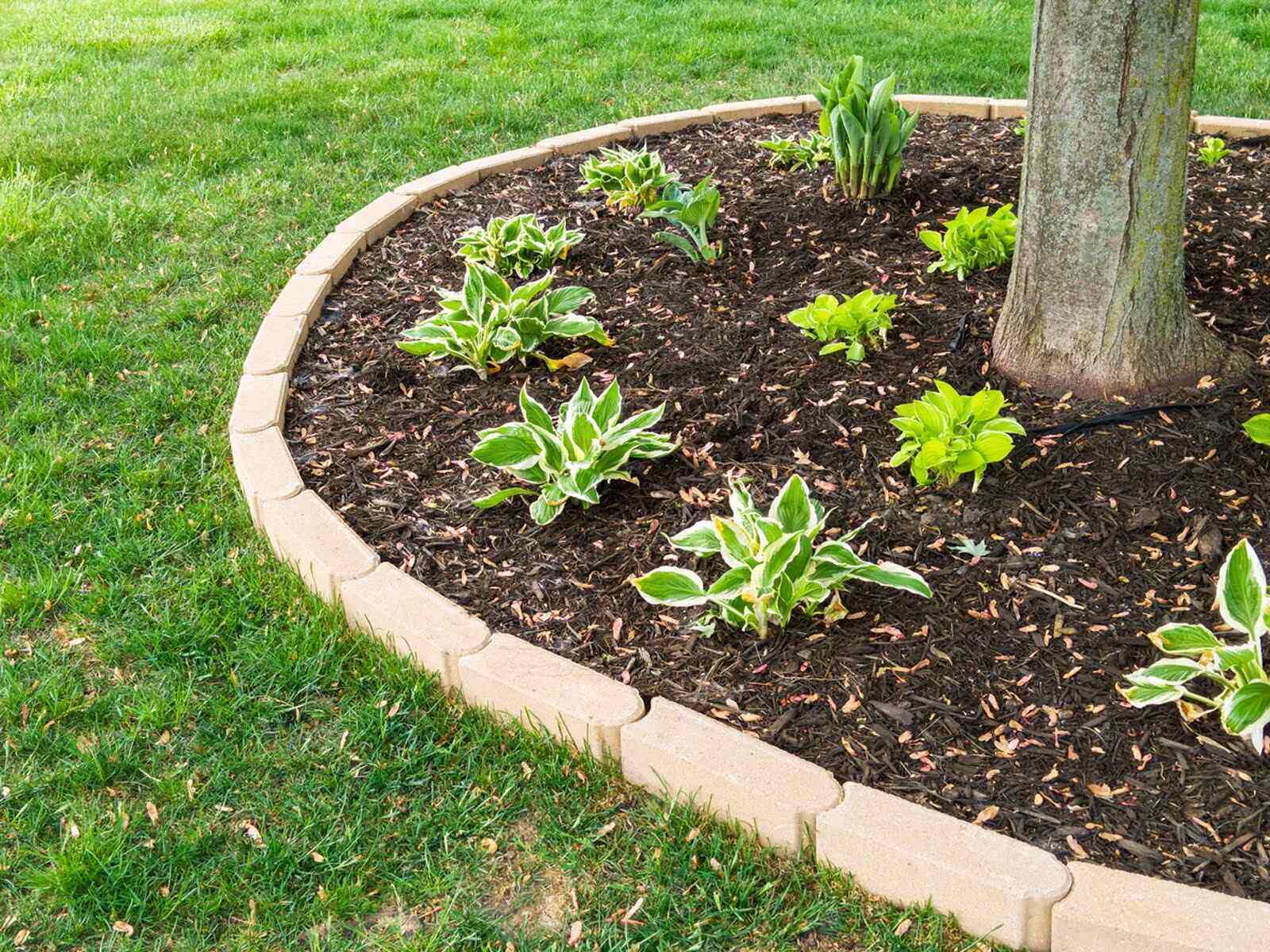
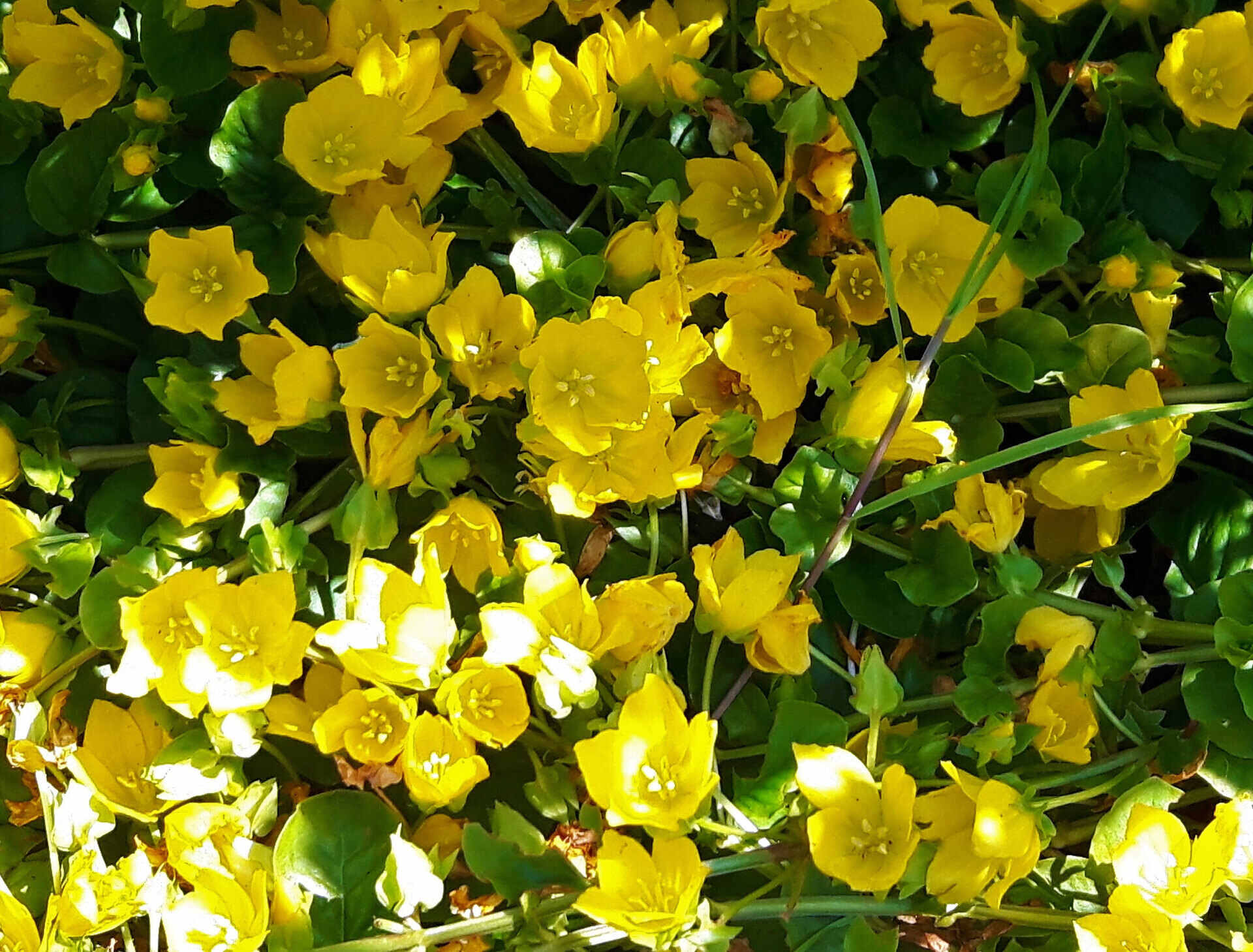
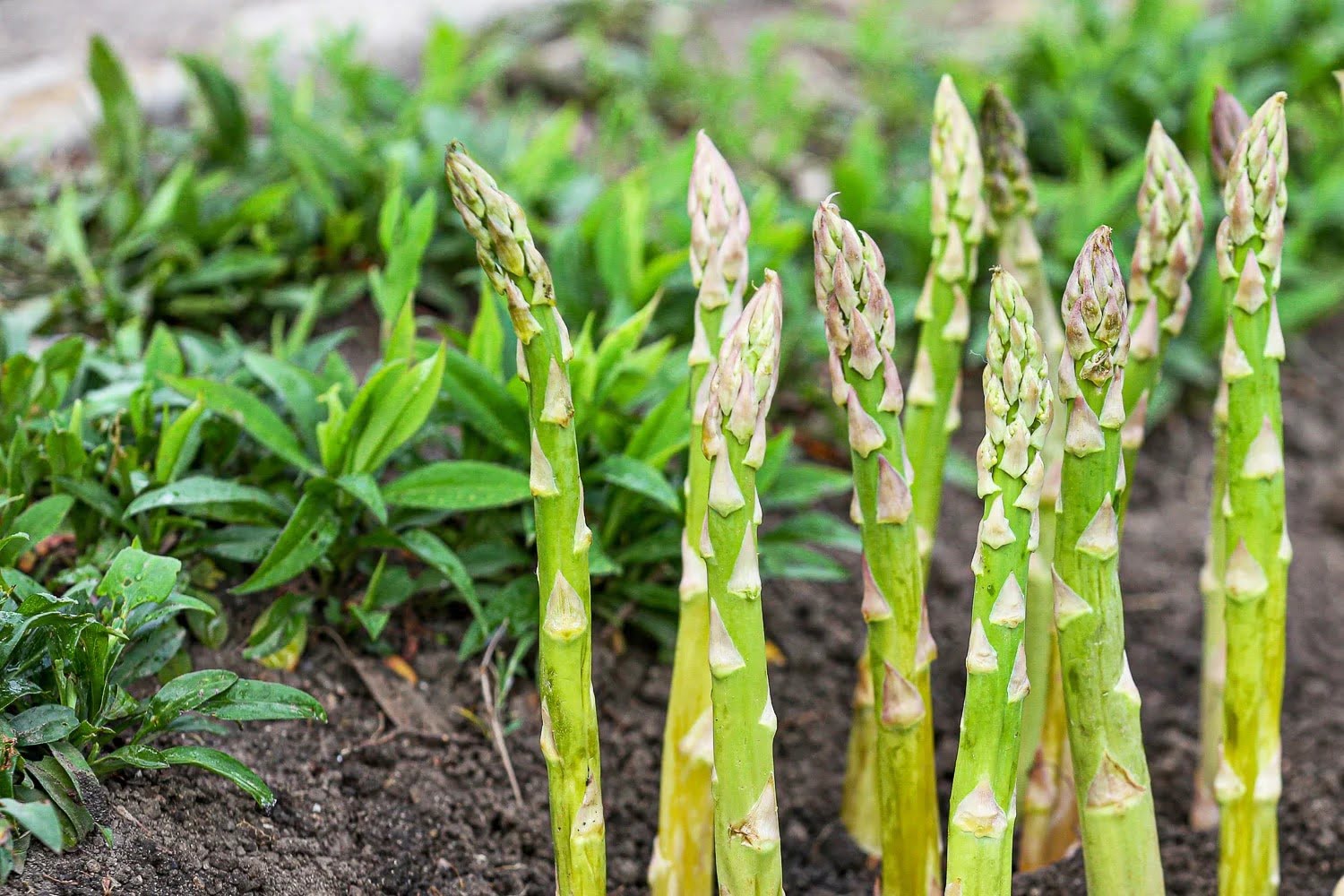


0 thoughts on “What Is The Best Ground Cover For NC”